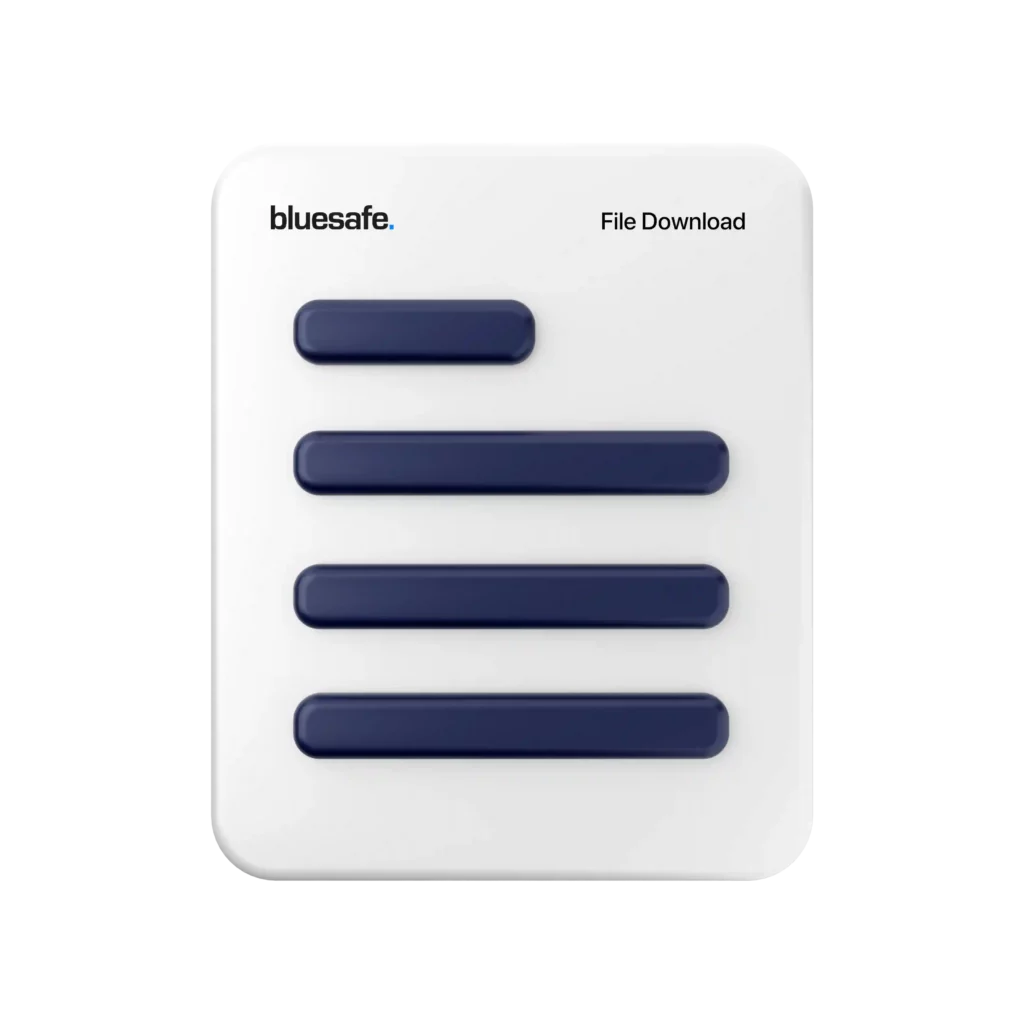Gary’s Safety Tips
Hey, it’s Gary here! As a manager, I know how important it is to maintain a safe work environment. Compliance with Safe Work Method Statements (SWMS) is crucial for achieving this goal. That’s why I want to talk about the critical role of auditing in ensuring SWMS compliance.
Auditing is a process that involves a comprehensive review of a business’s policies, procedures, and practices to ensure that they comply with relevant regulations and standards. By conducting an audit, businesses can identify areas where they need to improve their SWMS, ensuring that they maintain a safe work environment.
One of the benefits of auditing is that it provides an objective evaluation of a business’s compliance with SWMS. Business owners and managers may find it challenging to assess their SWMS objectively. An independent auditor can identify areas that require improvement or further attention, helping the business address compliance issues promptly.
Auditing also provides assurance to stakeholders, including employees, customers, regulators, and investors. By conducting regular audits, businesses can demonstrate their commitment to safety and compliance, building trust with stakeholders.
I can’t stress enough the importance of conducting regular audits to maintain SWMS compliance. Compliance is an ongoing process that requires regular monitoring and evaluation. By conducting regular audits, businesses can identify and address compliance issues promptly, reducing the risk of accidents, injuries, and legal consequences.
Audits can also help businesses identify areas where they can improve their SWMS. The audit process may reveal opportunities to enhance safety measures, improve training programs, or update policies and procedures to align with best practices. These improvements can lead to a safer work environment and a more efficient and effective business overall.
It’s essential to engage experienced auditors who have the necessary qualifications and expertise to evaluate SWMS compliance. The auditor should have a thorough understanding of the relevant regulations, standards, and industry best practices to provide an objective evaluation of the business’s SWMS. Businesses should also ensure that the auditor is independent and free from any conflicts of interest that could compromise the audit’s integrity.
Communication is another critical consideration when conducting an audit. Businesses should communicate the audit findings and recommendations to all relevant stakeholders, including employees, managers, and regulators. This can help build trust and confidence in the business’s commitment to safety and compliance.
In conclusion, auditing plays a crucial role in ensuring SWMS compliance. By conducting regular audits, businesses can maintain a safe work environment, identify areas for improvement, and build trust with stakeholders. By doing so, businesses can maintain a safe work environment and operate efficiently and effectively.
Cheers,

![]()






